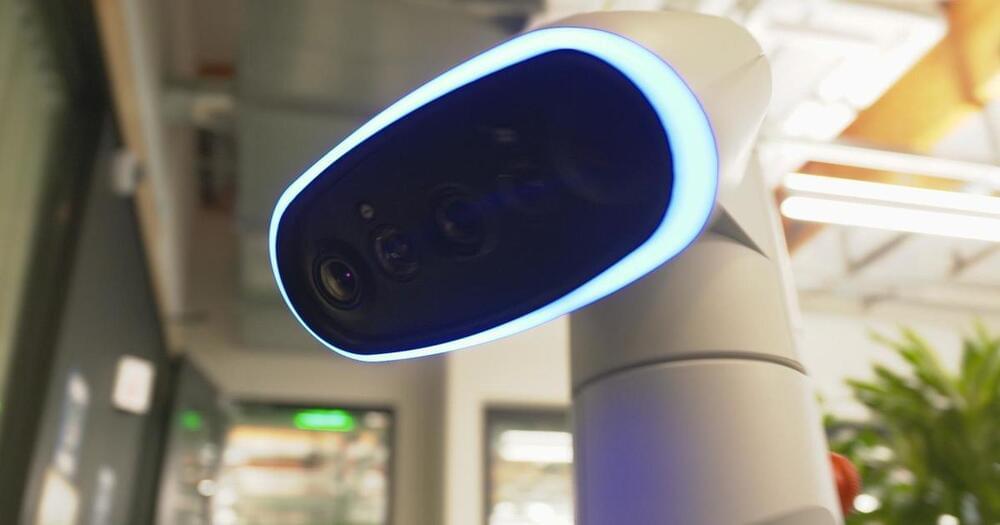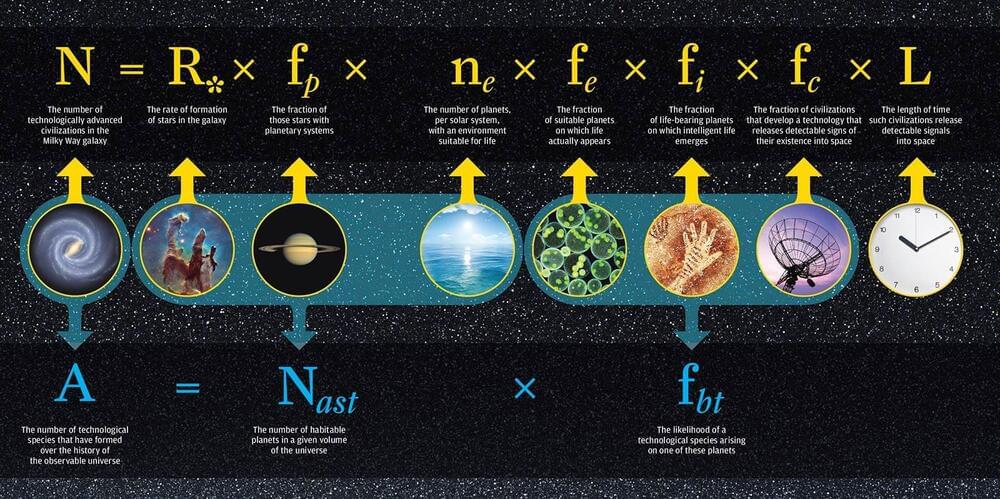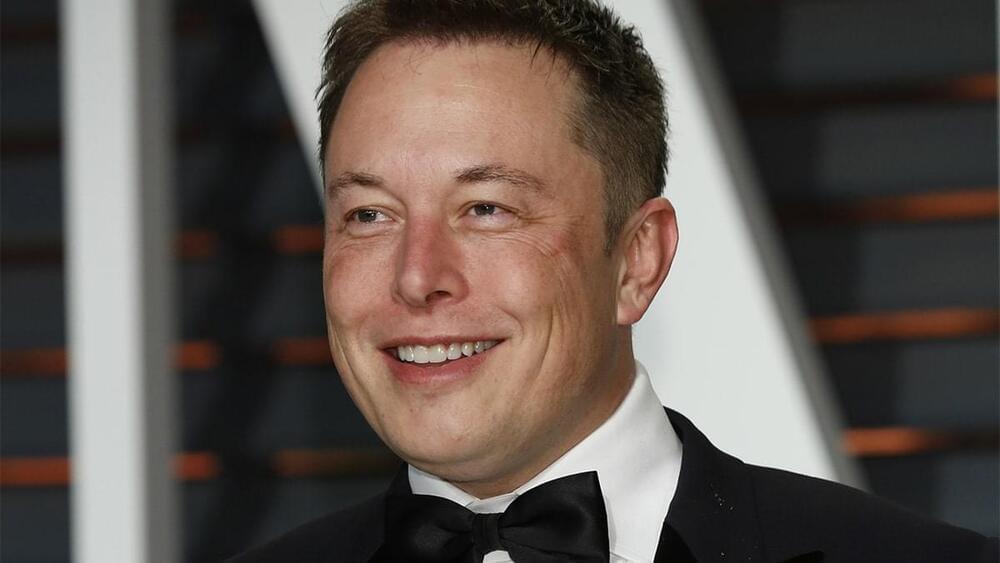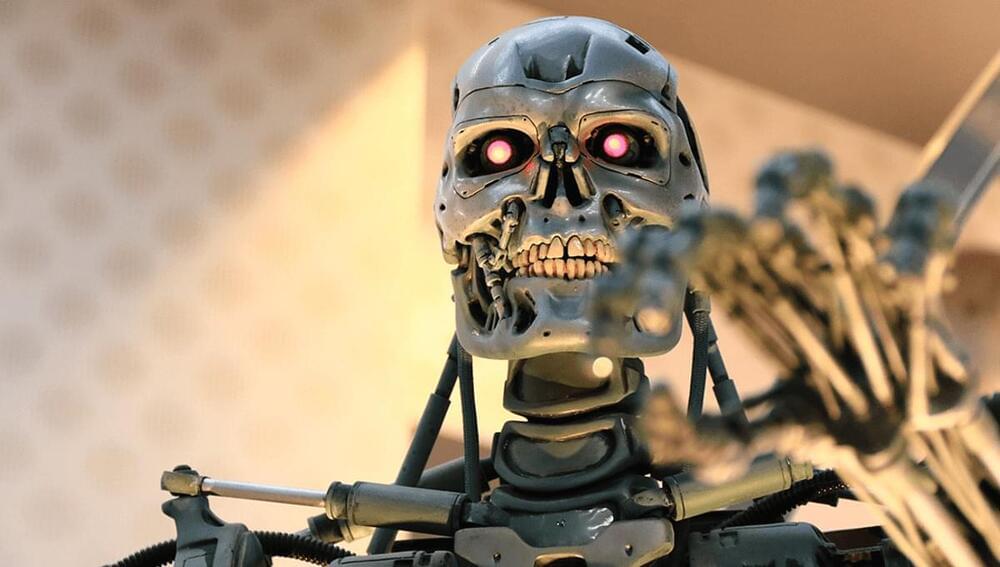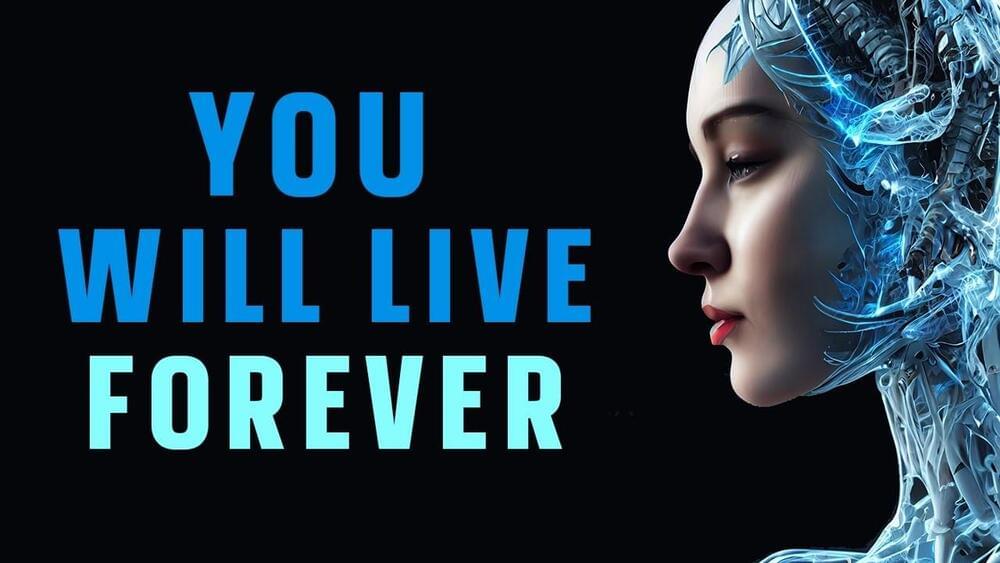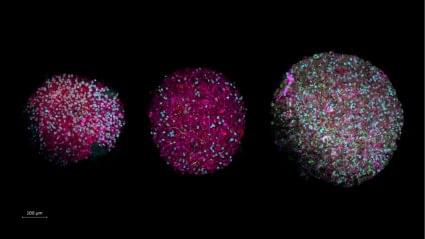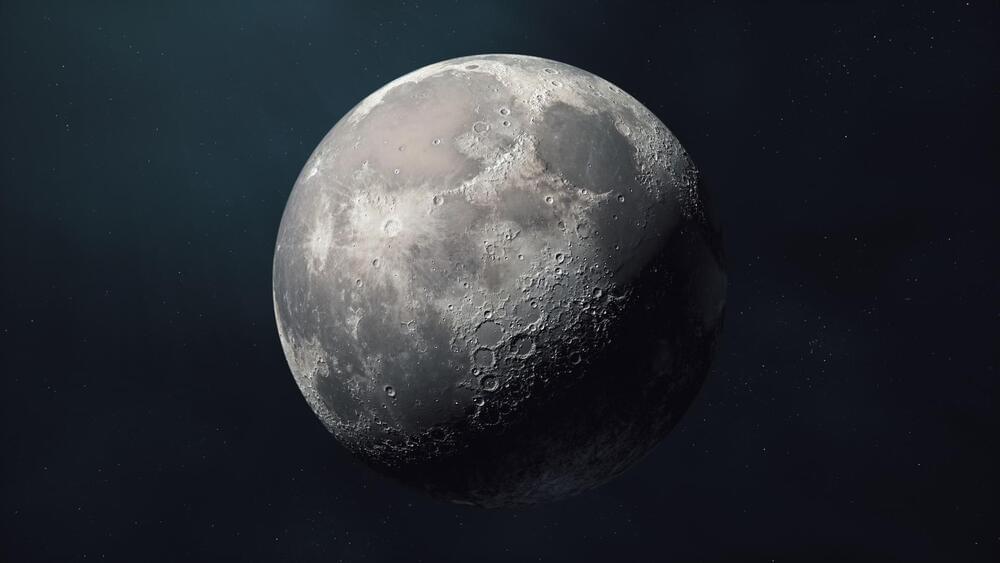May 15, 2023
The AI revolution: Google’s artificial intelligence developers on what’s next in the field
Posted by Shailesh Prasad in categories: innovation, robotics/AI
The revolution in artificial intelligence is at the center of a debate ranging from those who hope it will save humanity to those who predict doom. Google lies somewhere in the optimistic middle, introducing AI in steps so civilization can get used to it.
Demis Hassabis, CEO of DeepMind Technologies, has spent decades working on AI and views it as the most important invention humanity will ever make. Hassabis sold DeepMind to Google in 2014. Part of the reason for the sale was to gain access to Google’s immense computing power. Brute force computing can very loosely approximate the neural networks and talents of the brain.
“Things like memory, imagination, planning, reinforcement learning, these are all things that are known about how the brain does it, and we wanted to replicate some of that in our AI systems,” Hassabis said.
